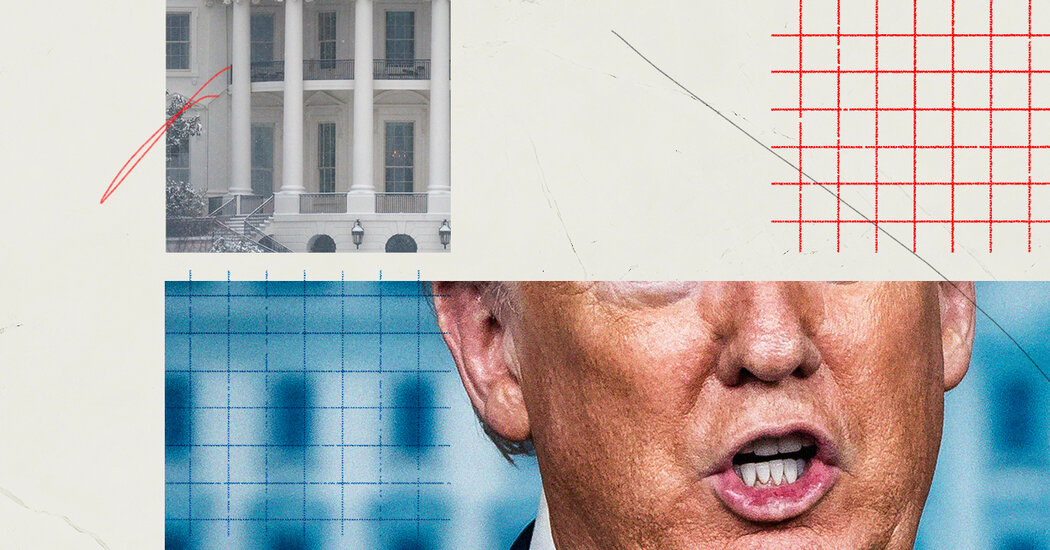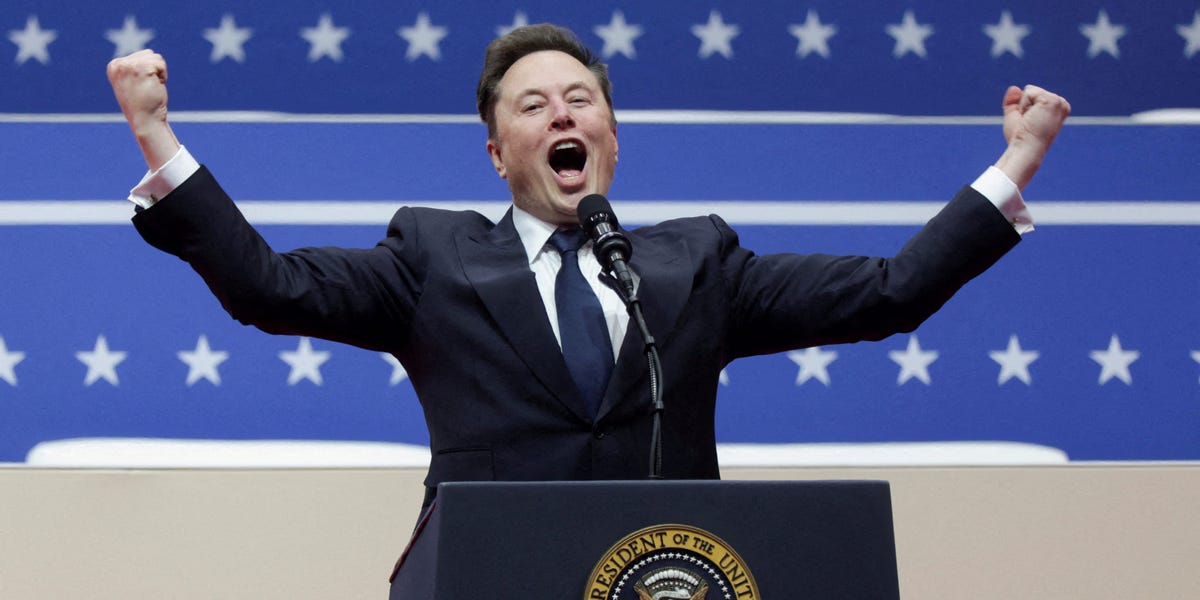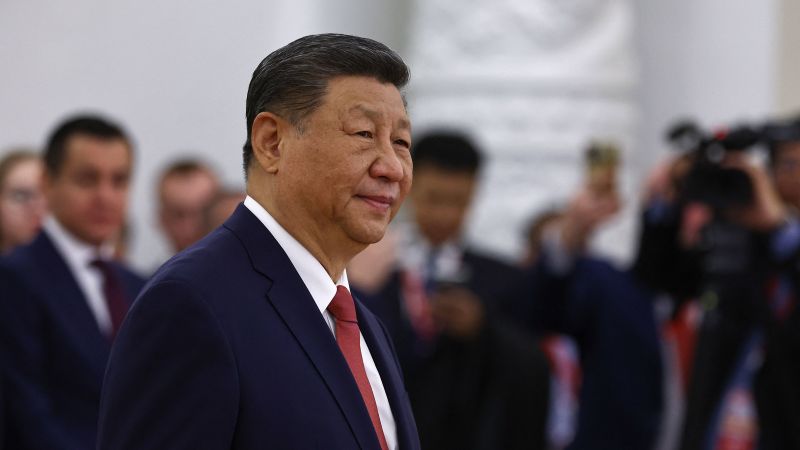I expect Trump’s second term to be more effective than the first, and thus more dangerous. If Trump orders the military to help with mass deportations or to crack down on protesters, Defense Secretary Pete Hegseth would certainly not defy him. Corporate America, and especially Big Tech, is fully onboard in a way they weren’t before. It makes me crazy when Trump apologists point out how often he was thwarted in his first term to argue that we shouldn’t take all his crazy threats seriously, when all the people who thwarted him are gone.
That said, there’s a pretty broad range of bad outcomes we could be facing. There are some genuine ideological differences between the populist nationalists, like Steve Bannon, and the tech oligarchs, like Elon Musk, so there will be some unpredictable policy fights about things like H-1B visas. We don’t yet know what the balance between Big Tech feudalism and the politics of protectionism and rabid provincialism is going to look like.
Douthat: You should never underestimate the Republican capacity to just do “deregulation and tax cuts” in response to any political eventuality. We have a very different mixture of forces in Trump’s orbit this time, from the much more fleshed-out populism of his vice president to the new entrants into conservative politics, Musk and the rest of the so-called tech right. But Musk seems to have drunk deep from the elixirs of Paul Ryanism on budgetary matters, congressional Republicans are still congressional Republicans, and so there will be … deregulation and tax cuts, or the extension of the last round of Trump tax cuts, at the very least. (Whether Musk can magically make deep spending cuts happen as well — there one should be skeptical.)
On other fronts, though, the changed landscape matters. Trump has more room to conduct mass deportations not just because corporate America and Big Tech are more on his side, but also because the Biden administration presided over such an extraordinary run-up in illegal immigration that deportations are more popular than in the past, and there are a lot of people who arrived very recently, who don’t have deep ties to their communities, who are plausible targets for such an effort. That doesn’t mean his administration won’t overreach and reap a backlash — it’s perfectly possible. But the last four years have shifted the politics of immigration further to the right than where it was after Trump’s last victory.
Goldberg: I agree with Ross that deregulation and tax cuts will likely be the central accomplishment, if you want to call it that, of the new administration. It’s fascinating to me that, after all the talk about Trump dethroning Paul Ryanism, his movement is now full of people dreaming about even more aggressive forms of economic austerity.


